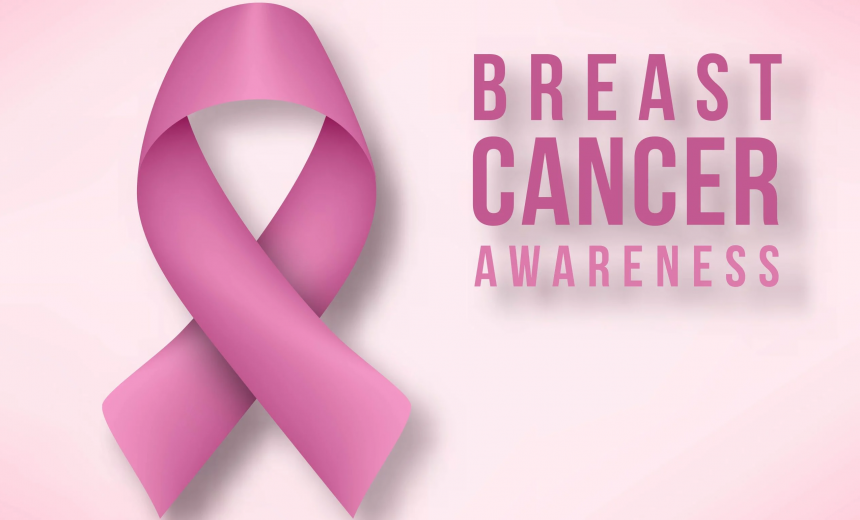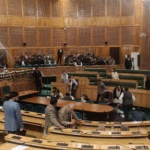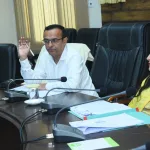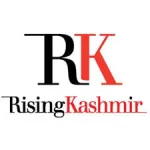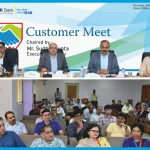Introduction
Breast cancer is among the most common malignant tumors affecting women worldwide, arising from a complex mix of genetic, environmental, and lifestyle factors. While 5% to 10% of breast cancer cases are linked to genetic mutations and family history, as much as 20% to 30% can be connected to lifestyle factors that might be modifiable. This disease originates in breast cells, where abnormal cell changes can sometimes lead to a cancerous tumor capable of invading nearby tissues and spreading throughout the body.
Breast cancer typically starts in the cells lining the milk ducts, known as ductal carcinoma, or in the lobules, which are gland clusters that produce milk, called lobular carcinoma. Both types may be either “in situ” (confined to the area of origin) or “invasive” (spreading into surrounding tissues). Less common forms of breast cancer include triple-negative breast cancer, Paget’s disease of the breast, and inflammatory breast cancer, with rarer cases involving non-Hodgkin lymphoma and soft tissue sarcomas. Understanding the range of factors and manifestations of breast cancer is essential for early detection, prevention, and improved treatment outcomes.
Risk Factors for Breast Cancer in Women:
Personal History of Breast Cancer
Women who have previously had breast cancer face a heightened risk of recurrence, which may appear in the same breast or a different one. Though most women with early-stage cancers like ductal carcinoma in situ or lobular carcinoma in situ do not experience a recurrence, their risk remains higher than average.
Family History of Breast or Other Cancers
A family history of breast cancer, especially among close relatives, suggests a genetic predisposition. Multiple cases within a family may arise from inherited genes, shared lifestyle factors, or a combination of both.
BRCA Gene Mutations
Mutations in the BRCA1 and BRCA2 genes significantly increase breast cancer risk, affecting about 5%–10% of cases. These genes typically suppress tumor growth, but mutations can impair this function, leading to a lifetime breast cancer risk as high as 85% for carriers. Women with BRCA mutations are more likely to develop cancer at younger ages, in both breasts, and have a higher risk for ovarian cancer.
Dense Breast Tissue
Women with dense breast tissue, which contains more glands, ducts, and connective tissue, face an elevated risk of breast cancer. Mammograms reveal dense tissue as white, the same as tumors, making cancer harder to detect.
Late Onset of Menopause
Experiencing menopause after age 55 increases breast cancer risk. Prolonged exposure to estrogen and progesterone, which decreases with menopause, heightens the likelihood of breast cancer compared to women who undergo menopause earlier.
Late or No Pregnancy
Pregnancy reduces the number of menstrual cycles a woman experiences, which in turn lowers cumulative estrogen exposure. Women who have children after age 30 or who never conceive face a slightly higher risk of breast cancer compared to those who give birth earlier or have multiple children.
Hormone Replacement Therapy (HRT)
Combined HRT raises breast cancer risk by approximately 8% per year of use, while estrogen-only HRT raises it by around 1% per year. Studies show that stopping HRT reduces this risk over time, and the link between HRT and breast cancer has led to decreased usage and a subsequent decline in breast cancer cases globally.
Obesity
Obesity, particularly in postmenopausal women, is linked to increased breast cancer risk. After menopause, fat tissue continues to produce small amounts of estrogen, which can elevate estrogen levels and increase risk.
Estrogen Exposure
Both natural (endogenous) and external (exogenous) estrogen sources affect breast cancer risk. Exogenous estrogen, primarily from HRT and oral contraceptives, increases breast cancer risk, though this decreases after stopping use. Studies like the Million Women Study in the UK and others in Asia highlight the correlation between long-term estrogen exposure and elevated breast cancer rates.
Understanding these risk factors enables women to make informed health decisions and may help reduce the likelihood of breast cancer.
Methods for Diagnosing Breast Cancer in Women:
Mammography
Mammography is a low-dose x-ray used to create breast images, especially to investigate abnormal findings from clinical exams or screenings. It can also guide biopsies by identifying specific areas of concern.
Ultrasound
Ultrasound uses high-frequency sound waves to distinguish solid tumors from cysts in the breast. It also assists in guiding biopsies and can detect potential liver metastasis in advanced cases.
Biopsy
A biopsy is the definitive method for diagnosing breast cancer, involving the removal of tissue or cells for lab analysis. Depending on the lump’s characteristics, doctors may use ultrasound or mammography for precise sample collection.
Core Biopsy
A core biopsy uses a hollow needle to extract tissue from a suspicious breast area. Sometimes a vacuum-assisted device is used to obtain more samples for accurate diagnosis.
Lymph Node Biopsy
This surgical biopsy examines lymph nodes, typically under the arm, to determine if cancer has spread. The number of affected lymph nodes helps in staging breast cancer.
Fine Needle Aspiration (FNA)
FNA uses a thin needle to collect cells or fluid from a lump to identify whether it is a cyst or tumor. While minimally invasive, additional biopsy methods may be needed for a thorough diagnosis.
Preventative Measures for Breast Cancer:
Regular Mammograms and Screenings
Encourage women to undergo regular mammograms and screenings based on age and risk factors for early detection and better treatment outcomes.
Healthy Lifestyle
Promote a balanced diet, regular exercise, avoiding smoking or alcohol consumption, and maintaining a healthy weight to reduce breast cancer risk.
Breastfeeding
Encourage breastfeeding, which has been shown to have protective effects against breast cancer.
Education on Risks and Early Detection
Provide comprehensive and accessible education on breast cancer risks, symptoms, and the importance of early detection to empower individuals to seek timely medical attention.
Genetic Counseling and Testing
For individuals with a family history or known genetic mutations (such as BRCA1 or BRCA2), offer genetic counseling and testing to assess risks and help make informed decisions about preventive measures.
Hormone Therapy Awareness
Educate individuals on the risks associated with certain hormone therapies and encourage discussions with healthcare providers about alternatives, particularly for managing menopausal symptoms.
Conclusion
Breast cancer continues to be a major global health issue, affecting millions yearly. Techniques like mammography, MRI, and molecular testing are critical for early diagnosis and effective treatment. Raising awareness and a unified approach combining research, education, and accessible healthcare is vital in this fight.
(Author is a Cancer Researcher working at the Department of Bioengineering and Biosciences, LPU & Department of Clinical Biochemistry, University of Kashmir. Also a member of American Association for Cancer Research (AACR) & American Society of Clinical Oncology (ASCO). Email: [email protected])


